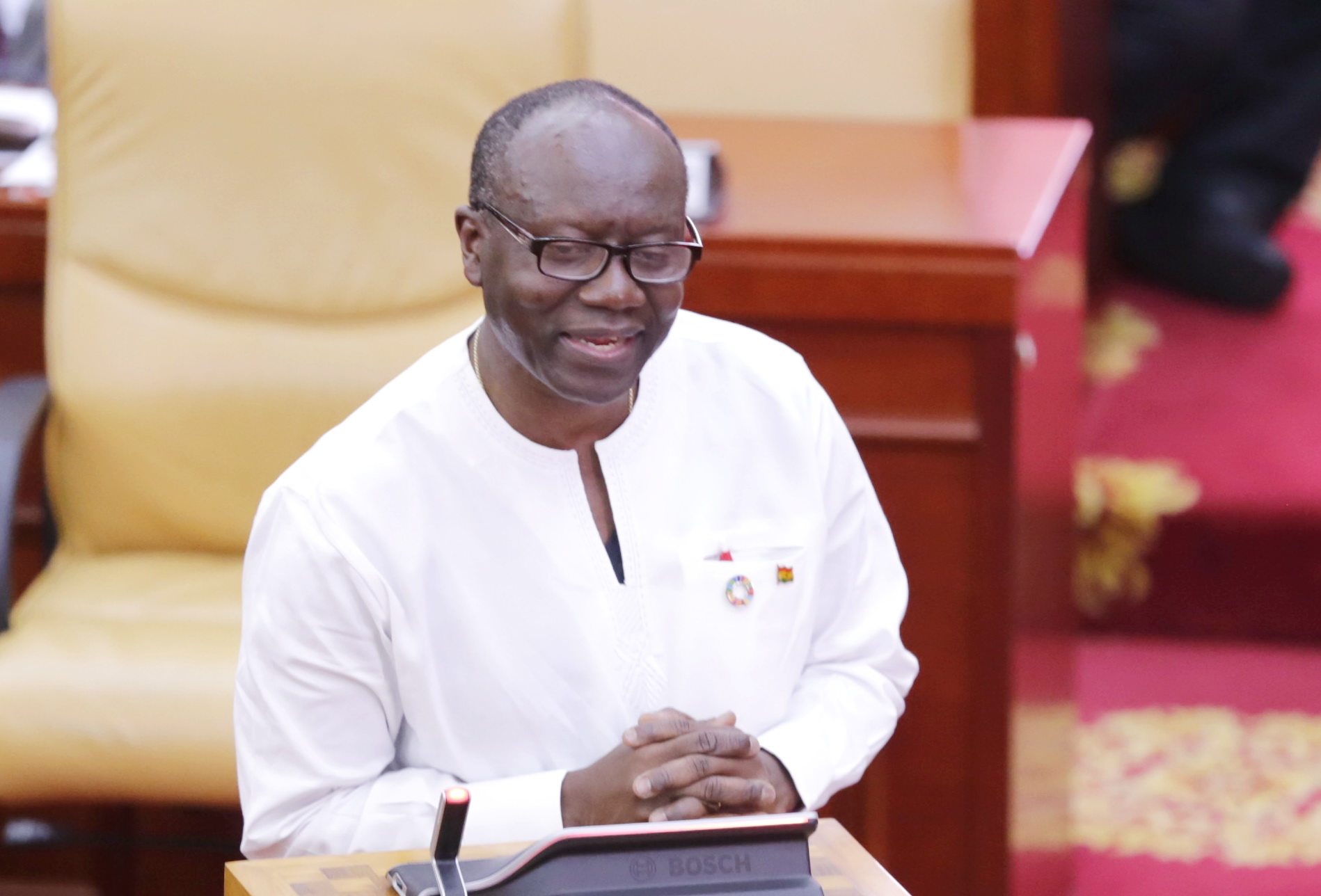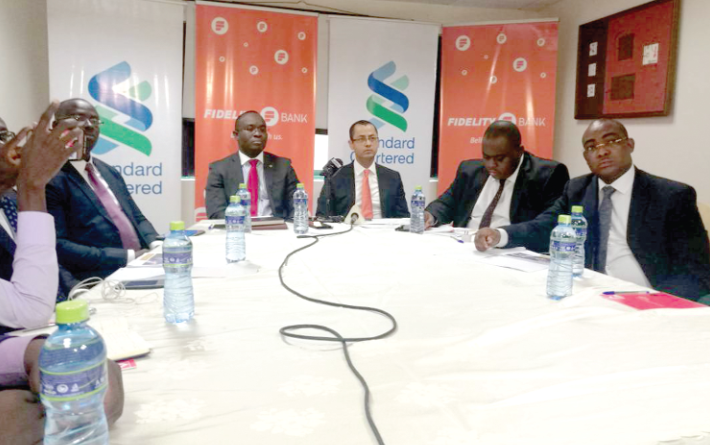
Auction of GH¢6bn energy sector bond starts today
The auction of the GH¢6 billion cedi-denominated energy sector bond is set to begin today as the government seeks funds to refinance the huge energy sector debt which seems to be crippling the banking sector.
Local and offshore investors, made up of local pension fund managers, were yesterday briefed on the nature and structure of the bond, which has been described as a better alternative to government papers (treasury bills) on the market because of its size and risk profile.
The bond, to be issued in two tranches of GH¢2.4 billion and GH¢3.6 billion, will have a seven-year and a 10-year tenure, respectively.
The Ghana cedi-denominated bond will be listed and traded on the Fixed Income Market of the Ghana Stock Exchange (GSE) under conditions yet to be announced.
Advertisement
Addressing a news conference in Accra shortly after meeting the investors, the fund managers, Fidelity Bank Ghana Limited and Standard Chartered Bank Ghana Limited, said the enthusiasm shown by the investors was high and, therefore, they expected to raise the targeted amount for its intended purpose.
Coupon rate
The Country Head of Global Banking of the Standard Chartered Bank Ghana Limited, Mr Xorse Godzi, said the coupon rate for the bond would be determined after the close of the process on Thursday.
“There are a lot of commitments from local investors who came yesterday and we hope they will respond favourably when the auction formally opens.
“We had over 200 investors who participated in the roadshow yesterday and the enthusiasm from all of them was remarkable. The bond is open to both local and offshore investors.
“The offshore entities which have already set up in Ghana to hold such instruments will be able to come through and buy, likewise the local ones,” Mr Godzi added.

Public debt
In response to concerns raised in various quarters that the money being raised would worsen the country’s public debt status, he said: “The bonds that are being raised will not affect government debt servicing capacity in any way because the source of repayment for the coupon and the bond itself is a levy which is already being collected.”
“The bonds do not place additional responsibility on the ability of the government to repay its debt, so that is the fundamental thing. There is a history of collection and the history is from last year January to July and based on the amount that has been collected — that amount can support an issue of GH¢6 billion,” he explained.
Mr Godzi said over the last 18 months, the collection of the energy sector levy had been consistent.
“The collection is, on the average, from GH¢110 to GH¢120 million a month and that is what will be used,” he said.
According to him, the money would flow from the oil marketing companies (OMCs) to collection banks and “then to the Bank of Ghana and will return to the banks which have been mandated to keep and use it to pay the coupon which will be paid every six months, and that will eventually be used to pay off the actual bond amount”.
Bond structure
On the structure of the bond, the Director of Treasury and Markets at the Fidelity Bank, Mr Sam Aidoo, said: “The structure of the bond is a semi unsecure instrument and backed by the Energy Sector Levy Act (ESLA) flows which is an Act of Parliament which came into being in December 2015.
“To be honest, what we are able to do today is what the levies allow us to do, which is the GH¢6 billion, so if we need to give it some time and see how the levies accrue, and if there is enough to be able to issue a second tranche, then we will issue for the remaining GH¢4 billion.
“We have KPMG, Ernst and Young and Deloitte all being part of this structure and so that brings a lot of accounting and measuring to the levy flow,” he said.
According to Mr Aidoo, the issuance would bring stability to the energy and the banking sectors, while making the GSE more active.
He said the bond would also help improve liquidity on the market, while non-performing loans (NPLs) would also reduce drastically.
